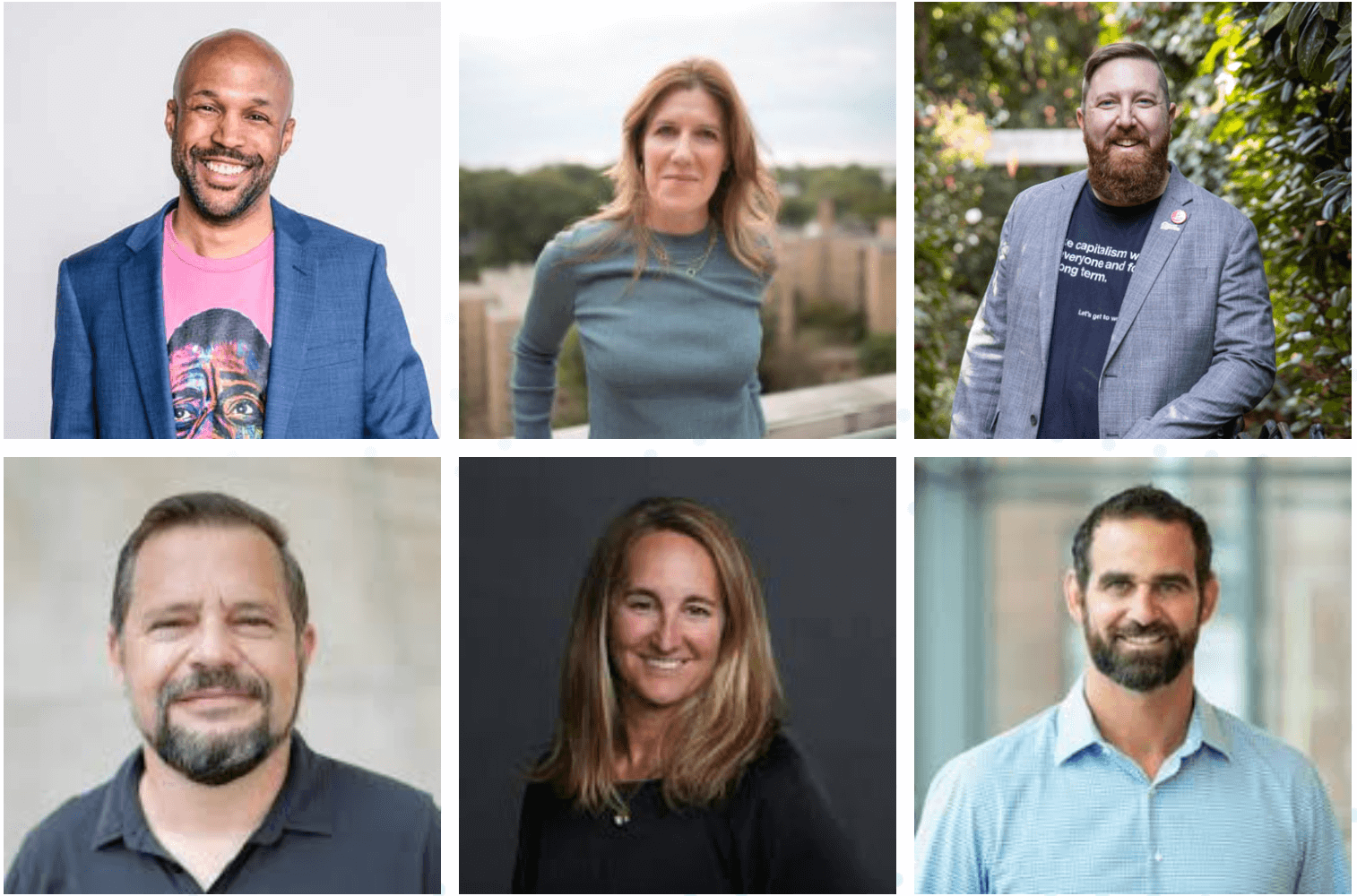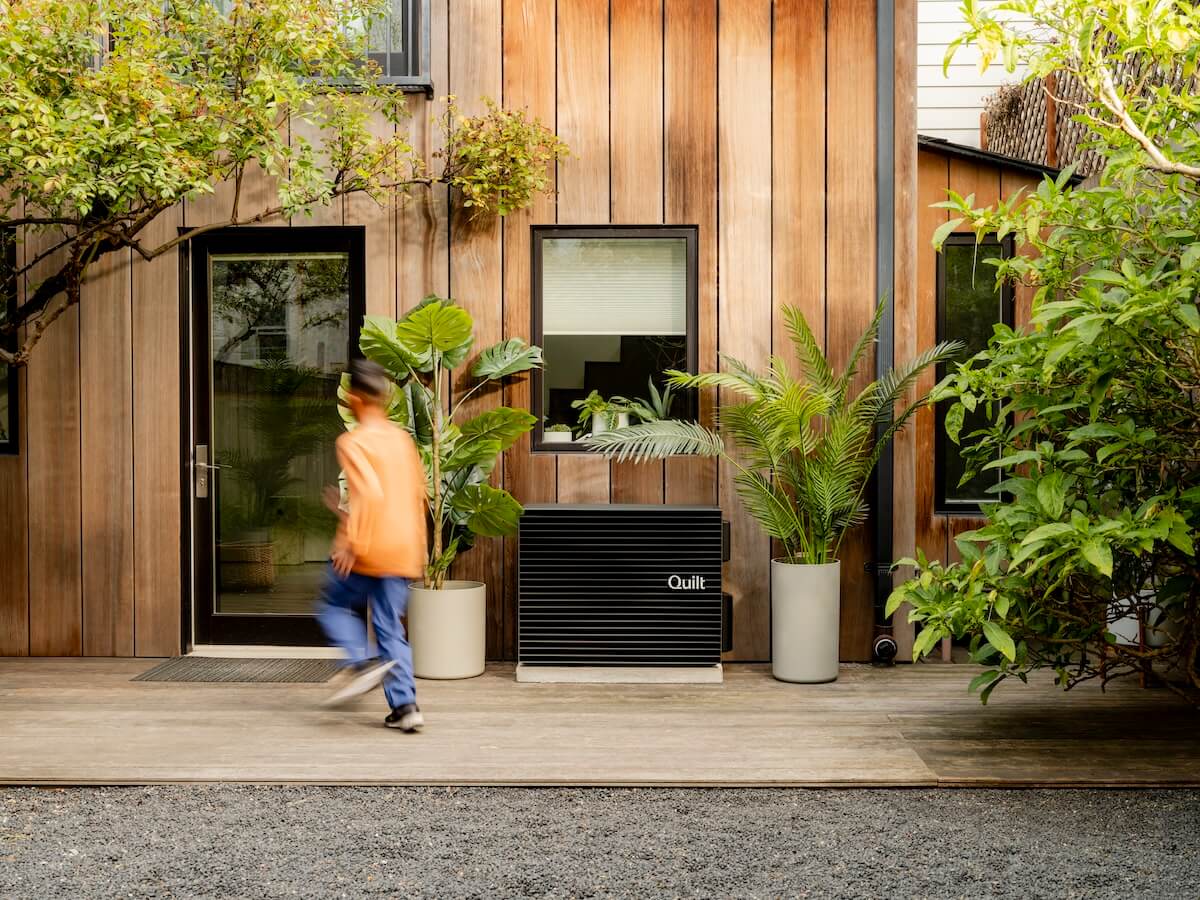Greetings, Agents of Impacts!
Dealflow: Follow the Money
Square’s (and Twitter’s) Jack Dorsey commits $1 billion for COVID, girls education and UBI. The tech CEO said (via tweet) that he would move about 28% of his wealth into a limited liability company called Start Small to fund global COVID-19 relief. “After we disarm this pandemic, the focus will shift to girl’s health and education, and UBI,” or universal basic income, a once-fringe idea that is gaining traction as a COVID relief measure (Spain is rolling out its version). The LLC structure, also used by Omidyar Network, Chan Zuckerberg Initiative and Emerson Collective, will allow Dorsey to make both grants and impact investments; unlike a philanthropic foundation, tax deductions can be only taken when funds are disbursed to charities or to the donor-advised fund Dorsey intends to establish. Start Small’s first donation was $100,000 to America’s Food Fund, a relief effort launched last week by Leonardo DiCaprio and Laurene Powell Jobs. Dorsey committed to transparency in the form of a public spreadsheet that shows nearly 20 million shares of Square at about $50 a share. “Why now? The needs are increasingly urgent, and I want to see the impact in my lifetime,” Dorsey wrote. “I hope this inspires others to do something similar.” Share this.
Inter-American Development Bank issues $2 billion bond for COVID relief. The five-year bond is part of the Latin America and Caribbean development bank’s $12 billion COVID relief commitment. Capital will be invested in the region’s immediate health response, as well as economic safety nets for vulnerable populations and small businesses (see, “Needed: Responsive, aggregated and accessible capital for (once) growing businesses in emerging markets”). The development financial institution’s bond follows the African Development Bank‘s issuance of a $3 billion COVID-relief bond. More.
Schneider Electric and Breakthrough Energy Ventures back Natel Energy’s ‘restoration hydro.’ Hydropower accounts for about half of the world’s installed renewable energy capacity. But dams and other hydro infrastructure can be capital intensive and destructive to natural resources. Female-founded and Alameda, Calif.-based Natel Energy says its low-cost, regenerative hydro technology delivers “habitat creation, improved water quality and sustained increases in groundwater and aquifer recharge rates.” Natel has so far installed a proof-of-concept system in Maine. The $11 million investment came from Schneider, the French electrical equipment giant, and Breakthrough Energy Ventures, the climate investment fund launched by Bill Gates. Read on.
Signals: Ahead of the Curve
Return of Keystone XL: Big banks restart stalled tar sands pipeline construction. Just when the COVID-19 appeared to sound the death knell for the oil industry, the beleaguered Keystone XL pipeline is making a comeback. On March 31, the government of Alberta, Canada committed $1.5 billion and $6 billion in loan guarantees to TC Energy to restart construction on the 1,200-mile pipeline. Within two days, banks including JPMorgan Chase, Citi, Royal Bank of Canada and Bank of Montreal had helped the all-but-dead project issue $3.3 billion in bonds. Who invested? BlackRock reportedly holds a small stake in one of the bonds. Liberty Mutual, a large insurer of fossil fuels companies and projects, insured the pipeline with a $15.6 million bond. “In a low-carbon world with limited demand, there is simply no place at all for oil sands production,” said CarbonTracker’s Andrew Grant. As governments mobilize trillions of dollars to inject into their weakened economies, he said, they must ensure that their plans are environmentally and economically sustainable. “The actions people take today will set the course over the next decade.”
- Fossil fuel banker. JPMorgan has been the world’s largest funder of fossil fuels. In February, the bank’s economists warned of “potential catastrophic outcomes where human life as we know it is threatened” by climate change. Bowing to public and investor pressure, JPMorgan said it would quit funding new oil and gas projects in the Arctic and curtail coal financing. Missing from the bank’s new policy: restrictions on activities such as tar sands extraction and oil pipelines.
- Empty words. BlackRock’s Larry Fink made headlines earlier this year when he used his widely read annual letter to raise the alarm about climate risk, which he said compelled investors “to reassess core assumptions about modern finance.” He added, “Every government, company, and shareholder must confront climate change.”
- Stranded assets. Oil prices, already in a long-term slump, have plummeted amid a global glut, prompting companies to scrap projects and sell or write-down assets that are suddenly under water (see, “The carbon bubble has burst. Let’s not re-inflate it”). Moody’s downgraded the credit rating of TC Energy from stable to negative on the news of the new financing.
- More.
Tech mobilization around COVID starts to show results. Entrepreneurs and investors are throwing resources at the pandemic (see, “World War II produced antibiotics, computers and nukes. What COVID may leave behind”). Fifty Years VC, which extended portfolio companies $25,000 notes to pursue COVID solutions, is already seeing progress. One portfolio company, BilliontoOne, said it had validated its high-throughput COVID-19 test, which could provide capacity for one million tests a day. Another 50 Years company, Octant Bio, also reported a testing breakthrough… SJF Ventures investee mPulse Mobile is helping more than 20 healthcare organizations communicate with patients about COVID-19… Techstars Impact cohort member MDaaS Global, a network of diagnostic clinics, is building testing capacity in Nigeria and across Africa with its COVID-19 mass testing guide. Check it out.
Impact Voices: Pass the Mic
Professor perspectives: Bridge loans, pay-for-success and other creative responses to the COVID-19 crisis. Impact financing approaches and vehicles weren’t designed for a global pandemic. Now, they are being repurposed to bridge financial gaps, finance solutions, and support basic needs during the crisis. In search of useful tools and approaches, the Kellogg School of Management’s Megan Kashner surveyed members of the Impact and Sustainable Finance Faculty Consortium, the global network of professors teaching sustainable finance and impact investing around the world (ImpactAlpha has a partnership with the consortium. See, “ImpactAlpha U: Training a new generation of MBAs to reshape business and finance”). “Across the impact space, we’re seeing heartening headlines and quotes about new funds, philanthropic grace, and impact finance practitioners sharing their approaches to the crisis,” writes Kashner in a brief on ImpactAlpha. Views from the Academy:
- Bridging the chasm. As a short-term measure, bridge financing can mean the difference between operation and failure for crucial organizations, says Rehana Nathoo of Georgetown University. “Grants and bridge loans occupy a unique space of flexible, short-term support.” Bridge loans especially can be a great tool to help fill anticipated financing gaps for organizations that are investment-ready, she says (see, “Short-term loans are a safety net as social enterprises face an ‘unexpected OMG moment’“).
- Paying for success. Interventions today that can save a large amount of money tomorrow may be suitable for pay-for-success models, says John Tobin-de la Puente of Cornell University. Social impact bonds and other pay-for-success models draw on investor capital to cover the up-front costs of programs in exchange for repayment with interest if outcomes are achieved. “The coronavirus may be a system – short-term investments in personal protective equipment, for example, or novel uses of existing drugs – well-suited to this kind of thinking.”
- Deploying philanthropy. In some circumstances, market-based solutions may be improbable, and in the current situation, impossible, reminds Vicente Servigon Caballero of ESPAE in Ecuador. As informal labor markets in fragile economies are disrupted, he says, “those critically affected will need charitable funding to satisfy their most essential needs, like food and healthcare.”
- Keep reading: “Deploying bridge loans, pay-for-success and other creative responses to the COVID-19 crisis,” by Megan Kashner on ImpactAlpha.
Disruption and resilience. “No one can claim to have absolute wisdom or visibility during these times,” writes Elevar’s Sandeep Farias, who shares lessons in resilience and disruption during the global pandemic in a dispatch for ImpactAlpha. “Nonetheless, we believe there is a premium for decisiveness and proactive action.” Farias offers themes core to Elevar’s approach. Check it out.
- ICYMI: “Elevar Equity: Growing demand, growing companies and growing opportunities for impact at scale (podcast).”
Agents of Impact: Follow the Talent
Michael Stone, co-founder and chief investment officer of TPG’s Rise Funds, becomes co-managing partner of TPG Growth… Parnassus Investments’ Iyassu Essayas, Community Capital Management’s Kristin Fafard and Etho Capital’s Amberjae Freeman join the board of The Forum for Sustainable and Responsible Investment. Impax Asset Management’s Steve Falci and Trillium Asset Management’s Jonas Kron were elected for a second term… Access Ventures is hiring an investment associate in Louisville.
Thank you for reading.
–Apr. 8, 2020











